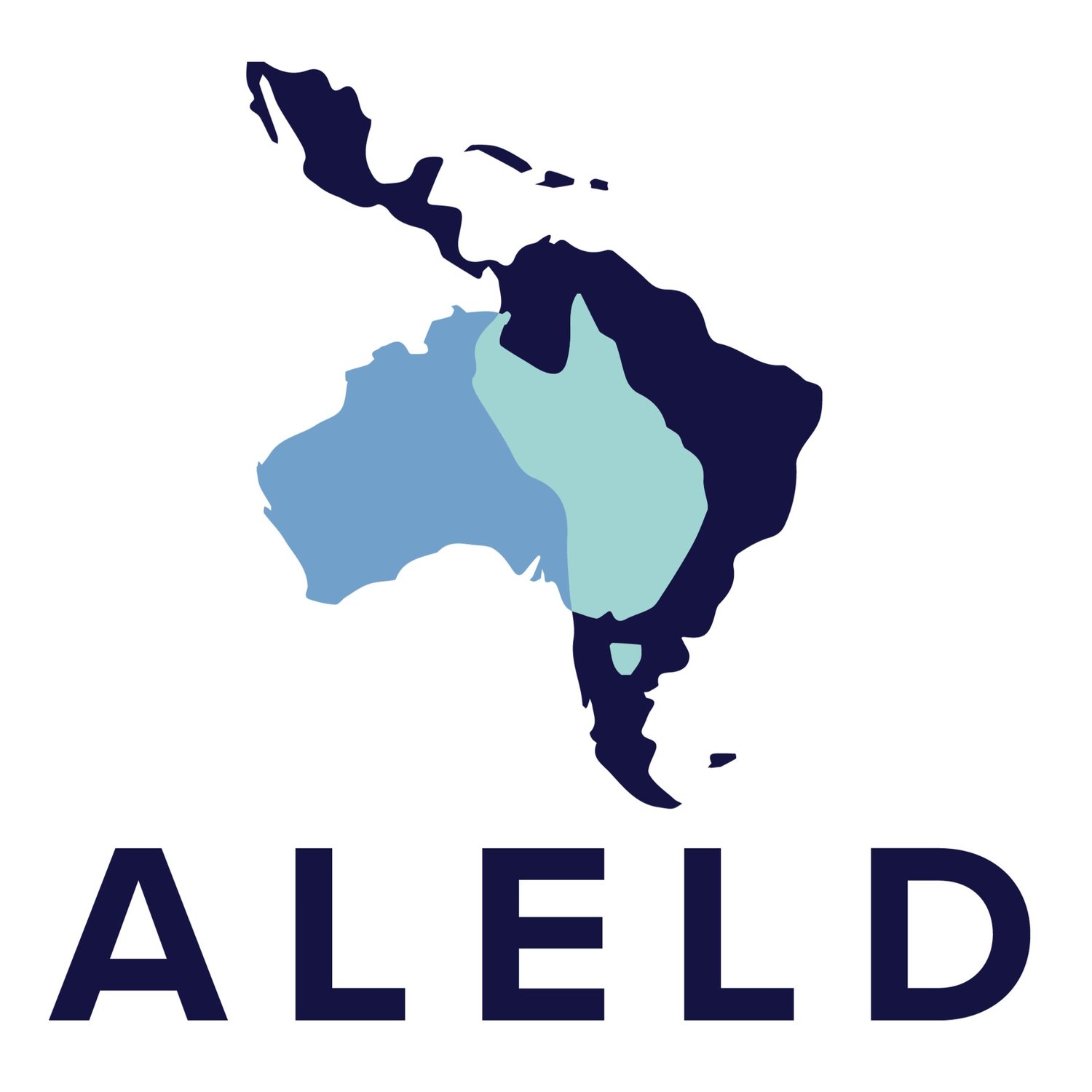Power Struggles and Escalating Chaos: Haiti’s Fight for Control of Port-Au-Prince
The Haitian Flag. Image credit: Picqero via Flickr.
Over the past week, two aeroplanes came under gunfire while attempting to land at Port-Au-Prince International Airport in Haiti’s capital, with one sustaining a hit causing injury to a crew member. Both US-based commercial planes were diverted and landed safely in Santiago, a city in the neighbouring Dominican Republic. Videos provided to several media outlets revealed the plane to be riddled with bullet holes. Haitian officials were forced to close the airport to all incoming traffic indefinitely as security could not be guaranteed. Several US airlines have since halted flights to Haiti amid the chaos and will evaluate at a later date when it is safe to resume flights. For a nation already on the brink of famine due to poor supply of humanitarian aid, the closing of the capital’s airport will worsen the situation and greatly limit the flow of supplies into the desperate city.
Haiti’s struggles with instability and violence can be traced back centuries, rooted in its path for independence and compounded by recent decades of political turbulence and chronic economic hardship. Natural disasters, such as the devastating 2010 earthquake, along with rampant corruption and cyclical political leadership voids have eroded the government's control. This has allowed several armed gangs to unite and fill the power vacuum. Recent years have been particularly troublesome following a surge in gang violence and influence culminating in the 2010 assassination of President Jovenel Moïse. Today, 80 per cent of the capital city is estimated to be under gang control and in the face of an intensifying humanitarian crisis Haiti has a critical need for effective international intervention.
The logistical area of the port of Port-Au-Prince. Image credit: US Navy via Wikimedia Commons.
This attack on humanitarian aid supply chains coincides with a fierce contest over Port-au-Prince seaport, which has been temporarily closed twice this year due to gangs opening fire on dock workers and trucker drivers.This will play into the unified gang’s goal of further destabilisation of Haitian in their effort to wield control over the capital city.
The United Nations led security mission was initially met with optimism, but Haiti’s crisis has only worsened over the last few months, with foreign intervention forces struggling to grapple with the widespread gang violence that plunged the island nation into turmoil.
Earlier in June, Kenya, as a part of a United Nations mission, deployed 400 police officers to the troubled nation. Then in August, Kenyan president William Ruto visited the capital Prince Port-au and pledged a further 600 troops. Finally, the Guatemalan President Bernardo Arévalo, at the U.N. General Assembly, pledged the deployment of 150 military police to Haiti. Despite all these foreign police presence, the gangs still garner larger numbers and maintain control over large areas of the capital city.
President William Ruto of Kenya. Image credit: Presidenza della Repubblica via Wikimedia Commons.
This week, President Ruto has been pushing the United States and United Nations to transition the mission to a formal peacekeeping mission, which will allow more funding and more military personnel to land in Haiti. Leaders will have to act fast to upgrade the endeavour to an official peace keeping mission, as support from the incoming Trump administration may be less assured than it was under Biden. Earlier in June, the Biden administration granted $110 million USD in aid to fund the international security mission and with a portion directly given to Haiti to help their police regain control of Port-au-Prince. Congressional Republicans were hesitant at this proposal and initially blocked the allocation of funds to be used for Haitian aid, which may be a sign of things to come as Republicans are set to control all three branches of power, the congress, the senate and the presidency for the next two years. This period may be plagued with persistent roadblocks in effective funding for more intense interventions that seem so desperately needed.
Author Bio: Alister Gibson is a third-year International Relations Student at the University of Adelaide and a regular contributor at ALELD. He has a keen interest in political order, history, and philosophy and is currently studying German and Spanish.
Content Disclaimer
The views expressed in this article are those of the author and do not necessarily represent the views or opinions of the Australia Latam Emerging Leaders Dialogue.



